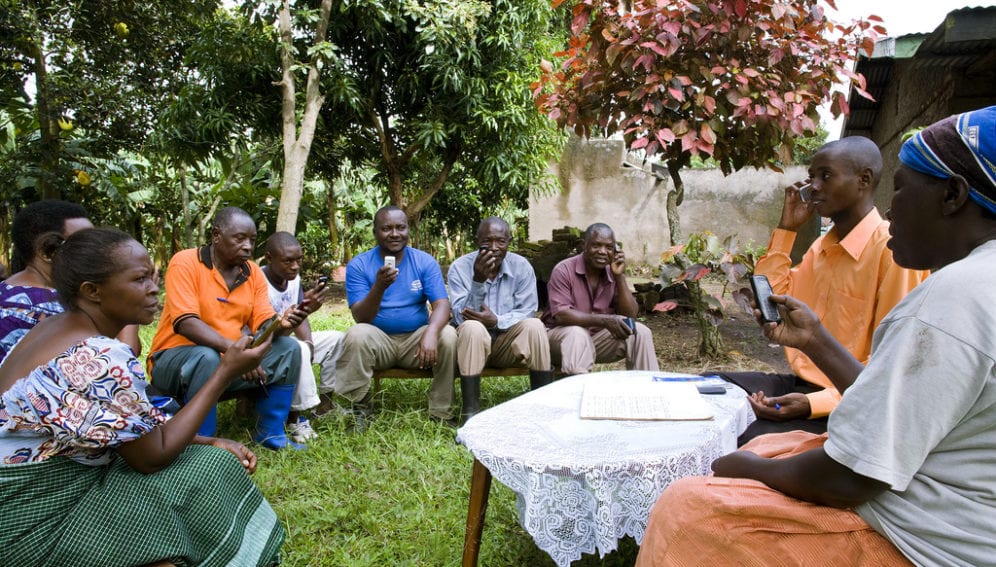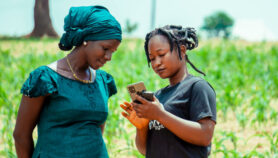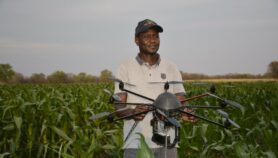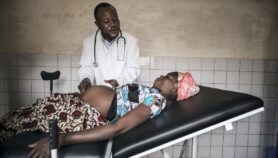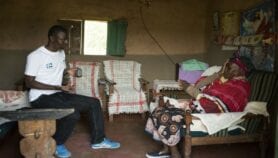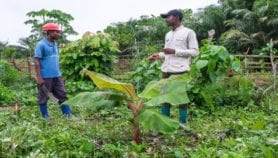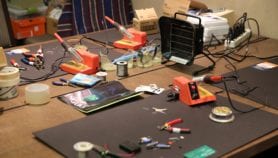By: Gilbert Nakweya
Send to a friend
The details you provide on this page will not be used to send unsolicited email, and will not be sold to a 3rd party. See privacy policy.
[ADDIS ABABA] Resolutions are often passed when high-level meetings are held in Africa. The ‘2013 Africa-EU Cooperation Forum on ICT’, which was held in Addis Ababa this week (2-3 December), did not disappoint in this regard.
A key resolution made was that members of the forum will apply the lessons learnt from the past and integrate them into future strategic plans. The conference ended with an assessment of the lessons that the two partner continents have experienced in their ICT (information and communication technology) cooperation.
With mutual benefits to the two continents, each continent recounted lessons gathered for future strategic plans after an evaluation of past experiences. The EU and African members expressed gratitude for the achievements and urged for the continuation of the cooperation.
“It has been a great showcase for Europe and Africa and paves [the] way for the future opening of a new programme, Horizon 2020. We should keep the euroafrica-ict cooperation alive.”
Stéphane Hogan, European Commission
One of the major lessons from the conference was that although local innovations in ICT are increasing in Africa through ihubs, there is a need for the continent to invest more in technological research to close the existing gaps.The conference employed participatory approaches with ‘birds of a feather’ sessions, which are informal meetings where attendees group together based on a shared interest and carry out discussions. These sessions facilitated networking and partnership formations and allowed for more audience participation as opposed to panel discussions.
Additionally, participants learnt that ICT infrastructure in Africa needs more funding. Adequate funding may accelerate migration from analogue to digital broadcasting by 2015. Such conversion will require increasing services beyond the provision of the bandwidth.
The conference also urged each country to have its own computer response system for cyber security. Again, training farmers in ICT tools could increase agricultural production and sustainability and Africa needs to go beyond the traditional roles in ICT projects where donors set and drive their own agendas.
Stéphane Hogan, the European Commission’s science counsellor to the African Union observed that the euroafrica-ict cooperation has brought mutual benefits to the two continents and even informs other continents.
He says that the cooperation gives lessons that will help drive the Horizon 2020, an EU framework programme for research and innovation to be launched in January 2014.
“It has been a great showcase for Europe and Africa and paves [the] way for the future opening of a new programme, Horizon 2020,” Hogan notes. “We should keep the euroafrica-ict cooperation alive.”
The euroafrica-ict 2013 forum provided an enormous opportunity for African countries to learn more on ICT, especially its application in other fields such as education, health, climate change, agriculture and environmental sustainability.
This article has been produced by SciDev.Net's Sub-Saharan Africa desk.


